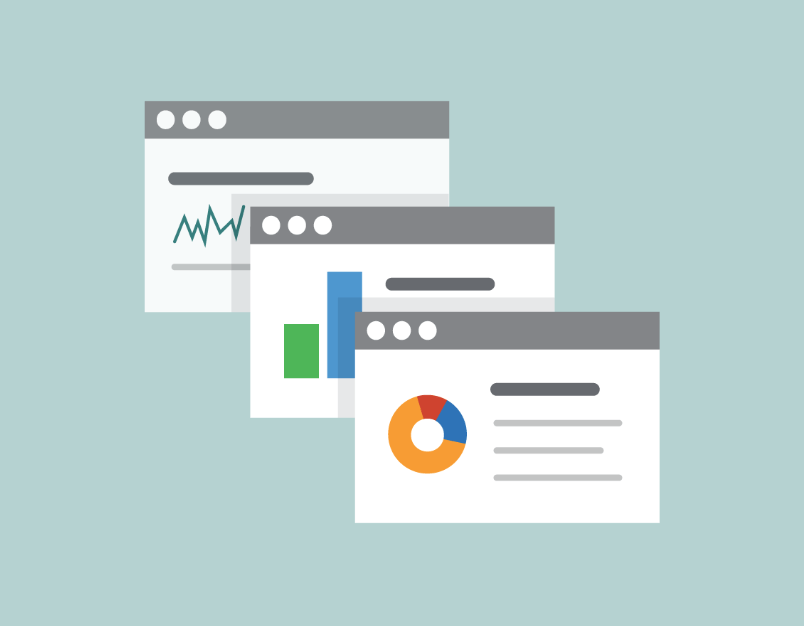By Amy Miller, AFC®

Since 2004 Financial Literacy Month is recognized in the month of April and is a call to action to raise awareness around the importance of finances. To help Americans make effective financial decisions and to create smart money habits.
Finances affect virtually all aspects of our lives and vary over time so it’s a good idea to review your finances at least once per year. Financial Literacy Month is an opportunity to do just that!
Below are 10 tips that can help you ensure your finances are “tidy” and aligned with your goals this year.
- Income: Review your total income and deductions for the year and determine your pay after taxes. Knowing your income can help make sure you can cover all your expenses and more!
- Spending: Many of us think we know where our money is going, however, that may not be the case. Tracking your spending can help you stay in control of your finances and understand where every penny goes. Not sure how to begin? Check out our article on expense tracker apps.
- Budget: Having a budget or a spending plan can make it easier to manage money and achieve your goals. After you have determined your income, tracked your spending and expenses you can determine if there are any changes or cuts you can make that can help improve your financial health – start small with one “change or cut” per day or week.
- Savings & Emergency Fund: An emergency fund is vital to being financially stable. The easiest way to save successfully is to save automatically. Small amounts can add up quickly so don’t be discouraged if you don’t have much to set aside at first. You can set up an automatic savings deposit from your pay with your employer or you can set up an automatic transfer at your bank for the day after you deposit your paycheck from your checking to your savings account. To make this easier, use direct deposit for your paychecks!
- Auto Payments & Subscriptions: Autopay is an effective way to make sure your bills and obligations are paid on time and can help you avoid late fees. Look at the auto payments you have set up, review the amounts, dates, etc., and make any necessary changes, additions, or deletions. This is the perfect time to change or cancel any subscription services that you may be paying for and no longer using or want.
- Credit: It’s important to know what is being reported on your credit report and since reports are updated constantly, regular check-ins are vital. You can check your report for free from each of the three credit reporting agencies (Equifax, Experian & TransUnion) at least once per year at www.annualcreditreport.com.
- Debt: Check balances, interest rates, and terms on all your debt. You can do this by reviewing your loan documents, on your lender’s website, or by contacting them directly. Create a plan to pay down debt if necessary.
- Insurance: An annual insurance review is important, especially if you’ve experienced or are about to experience a life change such as getting married, having a baby, moving, buying a home, or retiring. Schedule a review of your policies with your agent to go over your current life situation to ensure you have proper coverage and your beneficiaries are up to date. This can also create an opportunity to ask about discounts and ways to save.
- Beneficiaries: In addition to evaluating your beneficiaries during your insurance review, you should also check the beneficiaries on your bank and retirement accounts. You want to make sure your loved ones are taken care of and protected while ensuring your assets are handled as you would like.
- Wills, Power of Attorneys & Estate Plans: Review your existing wills, power of attorney, and estate plans. Look over each document to see if any updates or changes need to be made. Make sure they are in a safe place and that the proper people can access them in the event they are needed.
MILDOCs is a great way to help you keep your financial life in order. It is a free and helpful tool that can help you organize many aspects of your financial life!